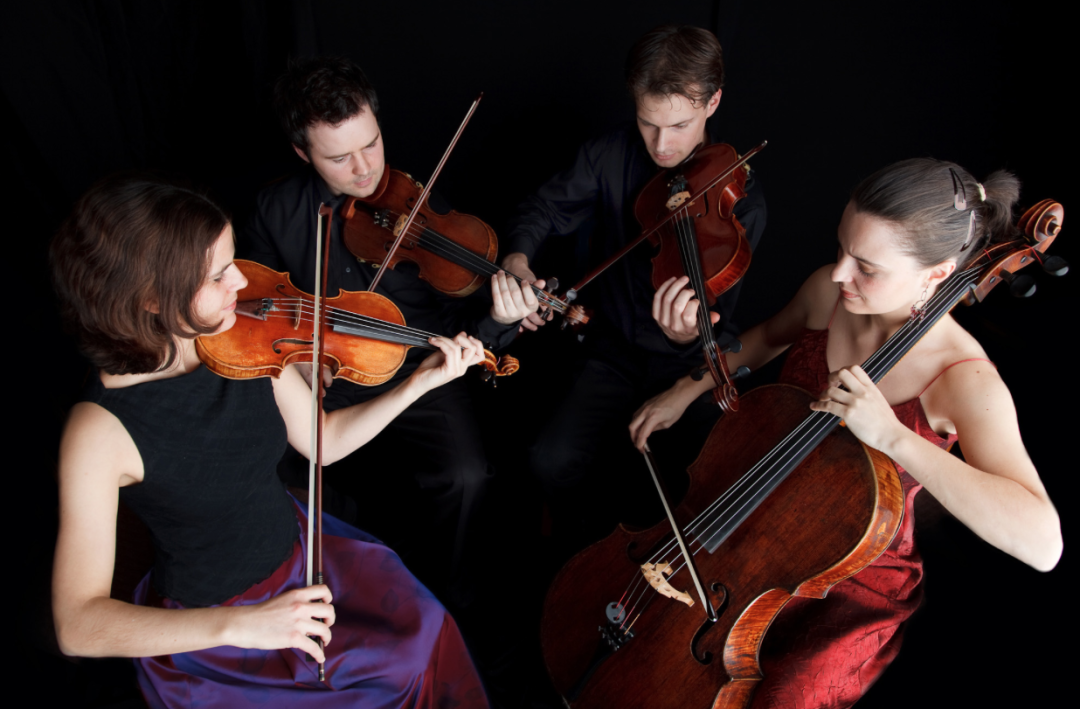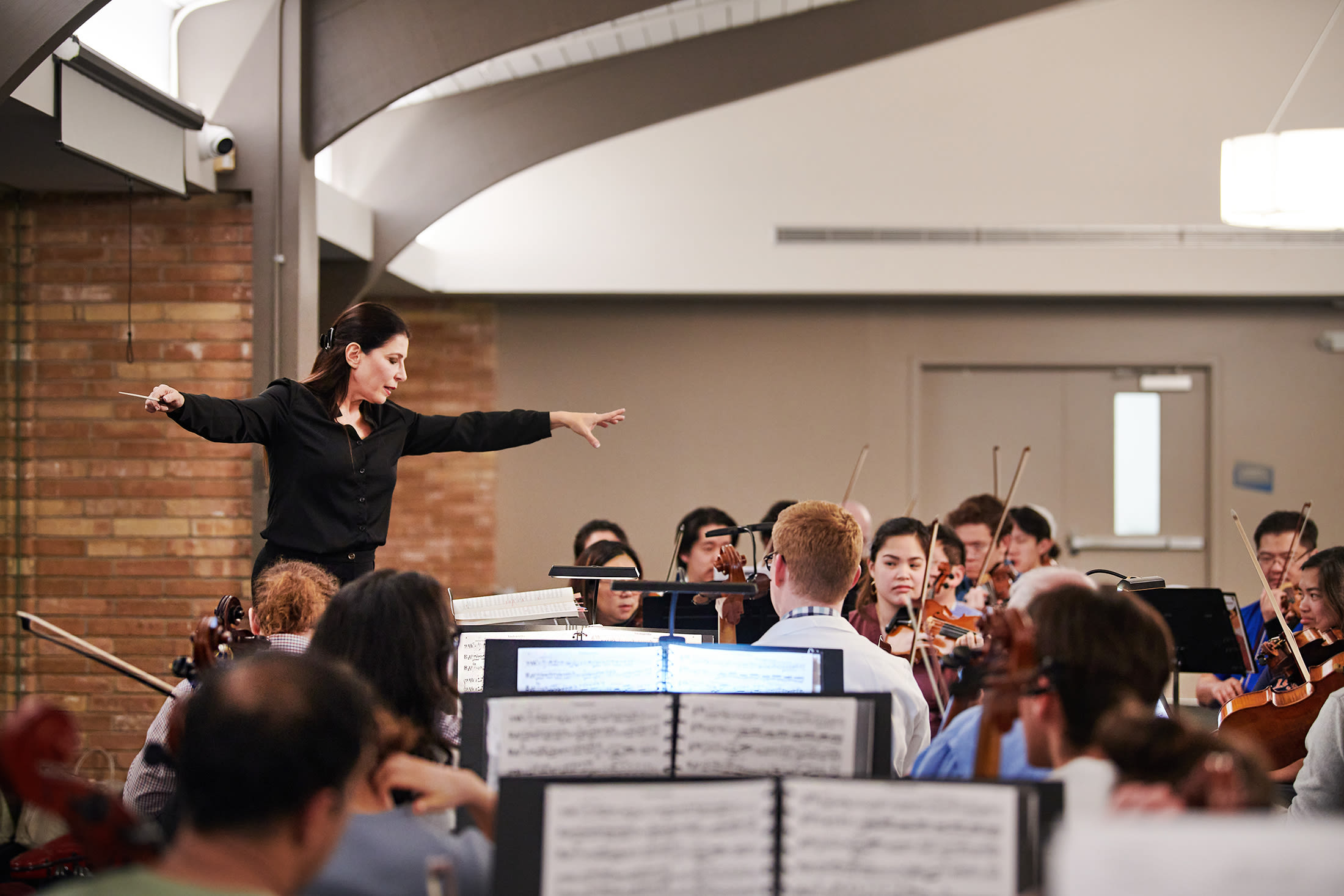Understanding Genius

Elias String Quartet plays selections from classical master, Beethoven
Image: Ettore Causa
Ludwig van Beethoven’s music continues to be revered as the stuff of legend, infiltrating our politics and pop culture equally, and representing everything from madness, war, and peace to the sublime. With three distinct periods of composition, he’s a man of many moods to say the least, and the Elias String Quartet has uniquely journeyed through all of them.
In 2011, the London-based string quartet began a cycle series that worked through all sixteen Beethoven quartets—a project they just finished this year. Comprised of Sara Bitlloch and Donald Grant on violin, Martin Saving on viola and Marie Bitlloch on cello, the Elias String Quartet offers Houston a sampling from their Beethoven expedition as part of Da Camera’s Beethoven Perspectives Series on Nov. 12 at the Wortham Theater Center.
They’ll perform a quartet from each period of Beethoven’s work, starting at the very beginning with Quartet No. 1 in F Major, which is rooted in the classical tradition of Haydn and Mozart. Next, the program shifts into his heroic era with the ninth quartet in C Major. The concert ends with the most mythical of all the quartets: the five-movement Quartet No. 15 in A Minor, Op. 132.
“It seems like he’s just forgotten everything about form and tradition, and he’s just giving us pure emotion,” cellist Marie Bitlloch remarks.
Beethoven had lost most of his hearing by the time he was writing Op. 132, and in April 1825, he fell seriously ill and had to stop work on it altogether, with only three movements to go. When he recovered, Beethoven wrote the chilling third movement using the ancient Lydian mode of tonality. Lasting 15 minutes, it casts an ethereal aura of mortality and redemption.
“You really get the sense of a conversation with God,” Bitlloch says. “As a performer, it’s quite hard to make sure you’re there all the time, that you keep some expression and inspiration inside of you for what comes after. I find it easy to lose myself.”
A lively, short march follows as the fourth movement—an abrupt transition that Bitlloch calls an incredible answer to its anguished predecessor, but the change in mood takes some skill.
“It’s incredibly difficult after something like fifteen minutes to go on and just be jolly, to just even physically to really be ready for it,” Bitlloch says. “Those things are what I’ve found we’ve gained from playing them a lot, over and over and over.”
While it’s a remarkable feat for a quartet to work through all of Beethoven’s quartets, Op. 132 alone is a wall not many quartets dare to scale. Done right, it can be a religious experience.
“Each movement is incredibly intense and a world of its own,” Bitlloch explains. “Putting them together you get this incredible arch form and sense of journey.”
Beethoven Perspectives. Thursday, Nov 12. 8. $30-65. Worth Theater Center, 501 Texas Ave. 713-524-5050. dacamera.com




